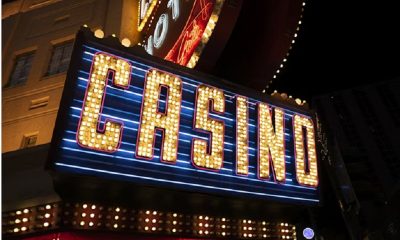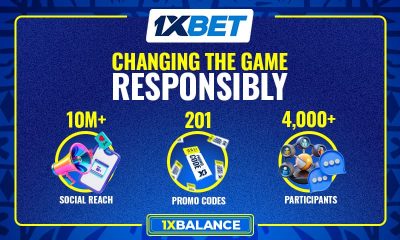General
Eight Things You Should Know About Nigeria’s Gambling Laws
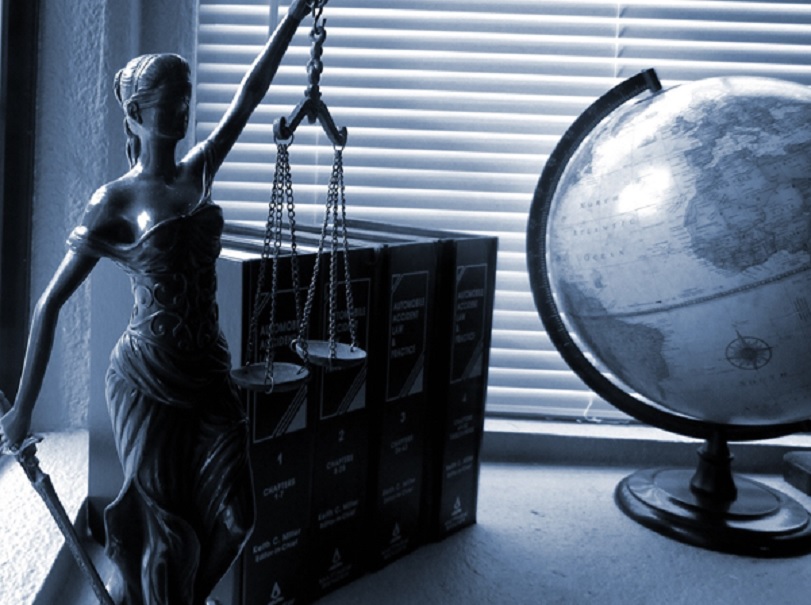
Gambling is a popular activity among millions of Nigerians. Despite this, the country’s laws seem far outpaced by the industry’s growth, particularly since the dawn of online gambling hit its shores.
While online gambling is available, there are no official laws that regulate it. Even laws relating to physical gambling are somewhat outdated and have seen little revision in years to accommodate the ever-growing activity.
The laws have a clear direction regarding what is and isn’t legal. However, these laws hold certain loopholes that users and operators may seek to exploit and circumvent and are becoming increasingly outdated. Below, we’ve listed eight things you should know about gambling laws in the country.
1. Gambling Has Not Always Been Legal
Like many countries, Nigeria used to prohibit gambling. In fact, the first law relating to gambling passed in the country, the Unlawful Games Act of 1541, outlawed it in its entirety.
It remained so until 1845, when the country adopted England’s Gaming Act, which allowed for specific types of gambling. However, because Nigeria had a strong Catholic influence, gambling was still spoken harshly of, and many in the region didn’t wish to partake in its activities.
2. One Law Oversees All Forms of Gambling
In 2005, the Nigerian government approved the National Lottery Act. Extending beyond just lotteries, this act is the regulatory tool covering all forms of gambling in the region (except for online gambling, which was not as popular then).
The law provides for in-person casino games and betting on events such as horse racing. It also established a state lottery, the National Lottery Nigeria, which remains one of the most popular ways to gamble and has grown into one of the largest in Africa.
3. No Law Mentions Online Forms of Gambling
As mentioned, no provision is made for online gambling in the country in the National Lottery Act or any subsequent law. This means that many operators outside the country’s borders are happy to provide their services to residents as it is not expressly condemned.
External and internal operators are also allowed to accept gamblers due to the lack of legislation barring them from doing so. As such, gamblers are free to play all Nolimit City games on casinos.com and various other sites without legal repercussions.
4. Internal Operators Must Be Licensed
The Nigerian government has stated that all operators providing services from within the country must acquire a gambling license to offer their services to players. Many see this as strange, considering there is yet to be a law ratified to enforce this, and it relies on operators’ goodwill.
All companies that wish to offer online gambling services must register for a license with the National Lottery Regulatory Commission (NLRC). This governing body oversees the country’s lotto and all other gambling aspects, including the largest physical casinos.
5. Some States Draft Their Own Laws
Although the NLRC regulates gambling on a federal level, some states have taken it upon themselves to pass legislation relating to gambling within their borders. Lagos, for instance, passed the Lagos State Lotteries and Gaming Authority Law in 2021, which made provision for how online casinos and bookmakers can be licensed to operate in the region.
These laws help regulate things at the state level and even make provisions for forming state governing bodies, such as the Lagos State Lotteries and Gaming Authority (LSLGA), responsible for issuing licenses to online operators.
6. Outdated Laws Have Created a Gambling Black Market
Despite casinos being legal and a law being in place to make provisions for them, the outdated rules and processes that require a license to operate have spawned a burgeoning black market in the country. As such, many illegal casinos or gambling houses exist throughout the country.
Aside from physical casinos operating without a license, online operators are as guilty. As recently as 2024, more than 26 illegal operators were identified in Lagos state alone. These are operating and welcoming customers without going through the necessary channels to be able to do so legally.
7. Gambling Tax Laws Do Exist
Although the gambling laws are outdated and not fit for the current gambling climate found worldwide, lawmakers did find it necessary to ensure the government benefits from gambling through the Casino Taxation Act.
While the act is also old and outdated, passed in 1965, it provides that all operators must pay the Federal Board of Inland Revenue (FBIR) a tax on net gaming revenue. In addition, the act allows the FBIR to review a gambling operator’s financial statements at any time. The only condition is that a warrant is required.
8. Outdated Gambling Laws Are Resulting in Massive Losses for the Government
Estimates show that almost 36% of Nigerian adults have gambled. Of these, 53% gamble daily using online operators or physical amenities. These gamblers contribute to the country’s extensive GGR (gross gaming revenue), which is predicted to hit £576.8m by 2025.
However, due to the lack of formal regulation and infighting between federal control and state legislation surrounding gambling, much of this revenue fails to generate income for local government. Consequently, much of this revenue goes to external operators who aren’t licensed and can avoid paying the government.
Conclusion
Navigating Nigeria’s old and sometimes conflicting gambling laws is not simple. As states begin passing their own legislation due to the federal government’s failure to do so, things are likely to get even more confusing.
For players, this means more uncertainty and a lack of understanding about where they can gamble legally. However, with external operators still welcoming players, the real loser here is the government, which is missing out on huge sums of revenue. Hopefully, this will spur it to take action and draft comprehensive legal frameworks that will help the industry grow.
General
FG Insists Prepaid Meter is Free, Warns Nigerians Against Payment
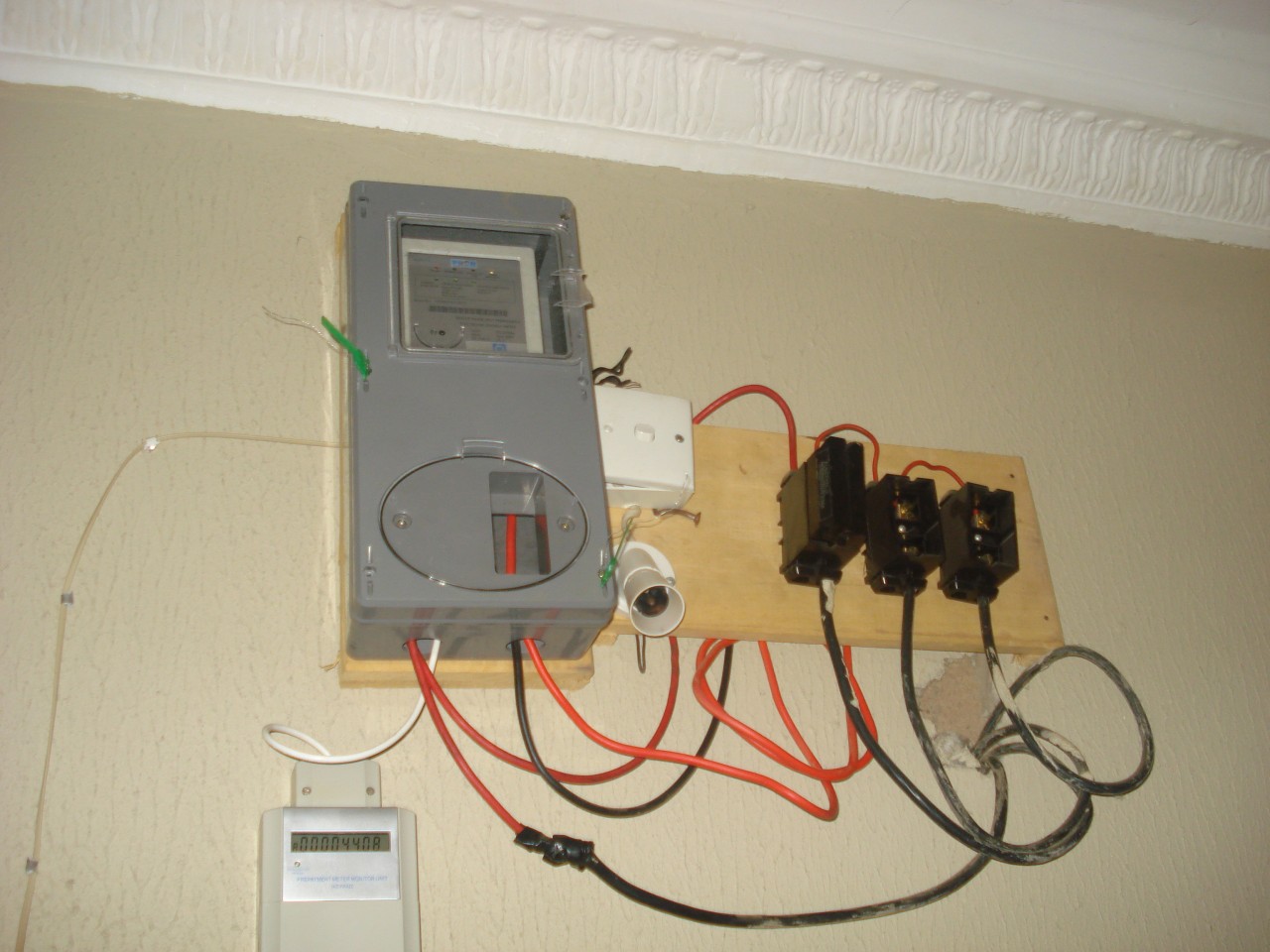
By Adedapo Adesanya
The federal government has reaffirmed that electricity meters being deployed under the Distribution Sector Recovery Programme (DISREP) are free for customers, warning Nigerians not to pay any money for meter supply or installation.
The Director General of the Bureau of Public Enterprises (BPE), Mr Ayodeji Ariyo Gbeleyi, stated this in Abuja at a joint media briefing on DISREP with the managing directors of Nigeria’s 11 Electricity Distribution Companies (DisCos). DISREP is financed through a $500 million World Bank facility.
The DG said the concessional nature of the funding, which comes at single-digit interest rates, makes it more sustainable than commercial borrowing and supports long-term stability in the power sector.
Under the DISREP IPF, 3.2 million smart meters are being procured and installed nationwide over four years through competitive international and local bidding. According to him, close to 700,000 meters have already been delivered, while about 200,000 have been installed across different DisCos.
The DG said, “With DISREP and other Federal Government interventions, the journey to power sector reliability is underway. DISREP is not just a short-term intervention, but part of a broader and coordinated plan of the Renewed Hope Agenda of President Bola Ahmed Tinubu, GCFR, towards building a financially viable and service-oriented electricity market
“Nigerians deserve a power sector that works, one that delivers reliable electricity, protects consumers, ensures value for money, and supports economic growth.
“Together, we shall achieve that! The supply and installation of these meters for customers is free.
It was also disclosed that the government had already paid the contractors to supply and install the meters. DISREP is integrated with other metering initiatives, including the Presidential Metering Initiative and the Meter Acquisition Fund, to accelerate the closing of Nigeria’s metering gap.
On his part, the Managing Director of Abuja Electricity Distribution Company, Mr Chijioke Okwuokenye, warned customers not to pay for meters.
“These meters are to be deployed and installed freely. Anybody asking you to bring money should be reported,” he said.
MD of Eko Electricity Distribution Company (Eko Disco), Mrs Wola Joseph-Condotti, said the company is working closely with the authorities to weed out bad eggs who extort money from customers for meter procurement and installation.
The programme offers significant benefits to consumers, including the removal of upfront meter purchase and installation costs, accurate billing, the elimination of arbitrary estimated billing, improved service accountability by DisCos, better transparency and dispute resolution, and long-term improvements in supply reliability as the sector becomes more financially viable.
For DisCos, Mr Gbeleyi said DISREP provides access to concessional World Bank financing for metering and network upgrades, reduces Aggregate Technical, Commercial and Collection (ATC&C) losses, improves liquidity and revenue assurance, and strengthens operational performance for long-term investment.
He disclosed that $250 million of the facility is dedicated to Investment Project Financing, which supports bulk procurement of the 3.2 million smart meters, deployment of Meter Data Management Systems, and provision of technical assistance and capacity-building programmes to strengthen DisCos’ operations and processes.
Describing DISREP as a landmark transaction, Mr Gbeleyi said it is the first initiative of its kind in which the government, beyond investing in distribution network infrastructure, is deploying meters at scale to bridge the country’s metering gap. He cited official figures showing that Nigeria currently has about 5.66 million unmetered electricity customers.
“The plan is to quickly close that gap. These meters are for everybody. They are for Nigerians. Priority is on unmetered customers,” he said.
He clarified that while the policy targets unmetered customers, DisCos have been allowed to deploy up to 20 per cent of the meters to replace faulty or technologically obsolete units, following feedback from the field.
General
NSC Revamps PSSP to Solve Complaints, Boost Ease of Doing Business in Ports
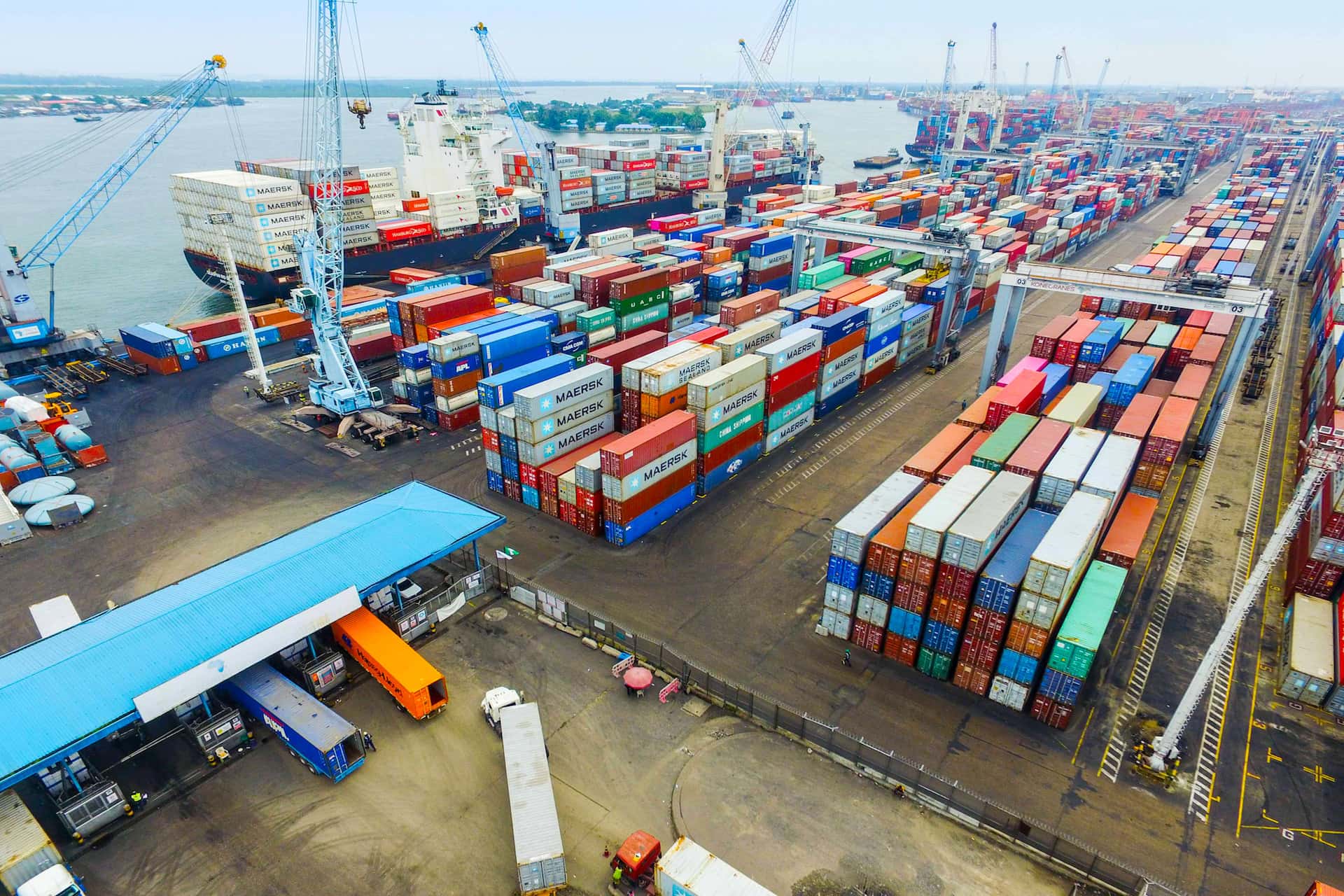
By Adedapo Adesanya
The Nigerian Shippers’ Council (NSC) has successfully concluded the review of the Port Service Support Portal (PSSP) application, which is aimed at ensuring seamless handling and efficient resolution of stakeholders’ commercial disputes across the maritime sector.
The Head of NSC-ICT, Mr Benjamin Ivwigheghweta, and his team; the Head of the Complaints Unit, Mr Bashir Ambi and his team; as well as consultants from BrandOne, all collaborated to complete the platform’s final implementation stage.
Mr Ivwigheghweta expressed satisfaction with the successful integration of the revamped PSSP for streamlined dispute resolution. He encouraged the team to fully engage with the new system and to ask questions where necessary, ensuring that every member is well equipped to meet stakeholder needs with precision and efficiency.
On his part, Mr Ambi applauded the deployment of the PSSP as a tool for accelerating grievance resolution, adding that the platform would significantly strengthen the council’s dispute resolution framework by promoting transparency, boosting stakeholder confidence, and generating reliable, data-driven records to support national economic growth.
He further commended the ICT team for its unwavering support-particularly in ensuring extended network availability to support the Unit’s after-hours operations.
Describing the PSSP as a critical modern upgrade for dispute resolution, Mr Ambi revealed that the Council’s operations are now about 90 percent digital. “We rely heavily on electronic platforms to serve our stakeholders,” he said, adding that the ICT Unit has remained the backbone of these efforts by providing consistent support, even over weekends, to ensure uninterrupted online service delivery.
This digital-first approach, he noted, keeps the NSC at the forefront of maritime efficiency.
Following a productive three-hour technical review and interactive question and answer session, the PSSP is now in its final phase.
The next steps include the configuration of individual user access by the ICT Unit and a live demonstration of the platform to Management. Upon completion of these tasks, the council will be ready to go live-ushering in a new era of digital efficiency in port service delivery.
The Port Service Support Portal was officially launched by the former Vice President, Mr Yemi Osinbajo, in June 2016 in Abuja. The launch was held alongside the unveiling of the Port Harmonized Standard Operating Procedures (SOPs). The portal was designed as an online, real-time platform to enhance service delivery, address stakeholder complaints, and curb corruption at Nigerian ports.
General
Tinubu Deploys Army to Kwara, Condemns Terrorist Attack
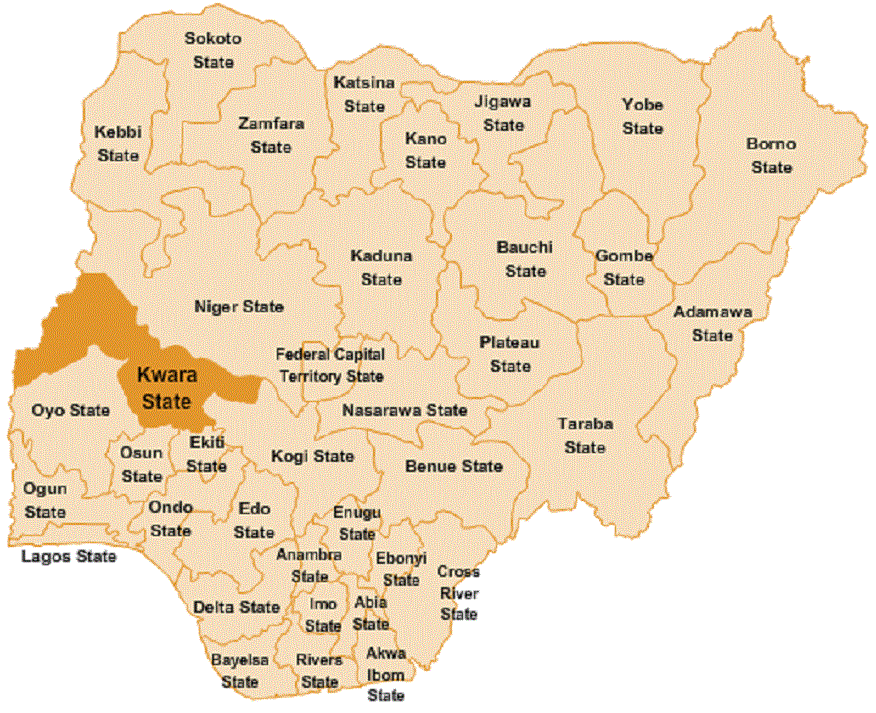
By Adedapo Adesanya
President Bola Tinubu has deployed an army battalion to Kaiama district in Kwara State after suspected jihadist fighters killed about 170 people in an overnight attack on Tuesday.
The terrorists stormed Woro and Nuku communities in Kaiama Local Council, according to Kwara State lawmaker, Mr Saidu Ahmed.
The violence highlights fears that jihadist factions prevalent in Northern Nigeria are pushing south along the Niger-Kwara axis toward the Kainji forest.
According to a statement from the Presidency, the new military command will spearhead Operation Savannah Shield to checkmate the barbaric terrorists and protect defenceless communities.
He condemned the attack as “cowardly and barbaric,” saying the gunmen targeted villagers who had rejected attempts to impose extremist rule.
“It is commendable that community members, even though Muslims, refused to be conscripted into a belief that promotes violence over peace,” President Tinubu said in the statement.
The President urged collaboration between federal and state agencies to provide succour to members of the community and ensure that those who committed the atrocities do not go scot-free.
President Tinubu prayed for the repose of the souls of the deceased and condoled with those who lost family members as well as the people and government of Kwara State.
Similarly, suspected bandits stormed Doma community in Tafoki Ward, Katsina State, on Tuesday afternoon, killing several residents, injuring many others and setting vehicles and houses ablaze.
There were conflicting figures over the casualty toll, with police putting the number of deaths at 13, while the executive chairman of Faskari Local Council estimated more than 20.
-

 Feature/OPED6 years ago
Feature/OPED6 years agoDavos was Different this year
-
Travel/Tourism9 years ago
Lagos Seals Western Lodge Hotel In Ikorodu
-

 Showbiz3 years ago
Showbiz3 years agoEstranged Lover Releases Videos of Empress Njamah Bathing
-

 Banking8 years ago
Banking8 years agoSort Codes of GTBank Branches in Nigeria
-

 Economy3 years ago
Economy3 years agoSubsidy Removal: CNG at N130 Per Litre Cheaper Than Petrol—IPMAN
-

 Banking3 years ago
Banking3 years agoSort Codes of UBA Branches in Nigeria
-

 Banking3 years ago
Banking3 years agoFirst Bank Announces Planned Downtime
-

 Sports3 years ago
Sports3 years agoHighest Paid Nigerian Footballer – How Much Do Nigerian Footballers Earn


